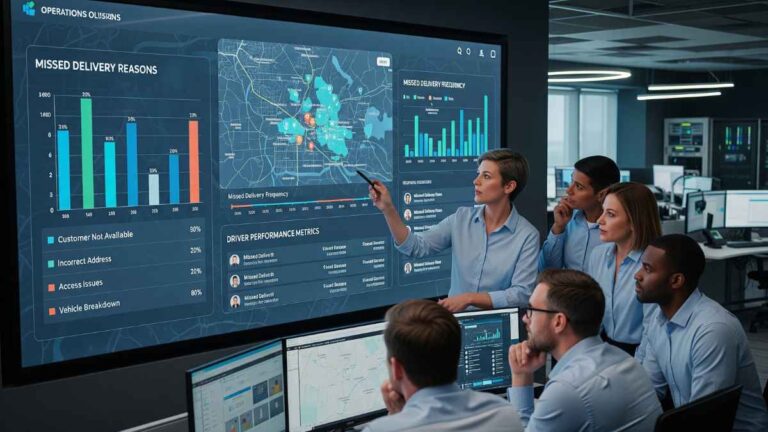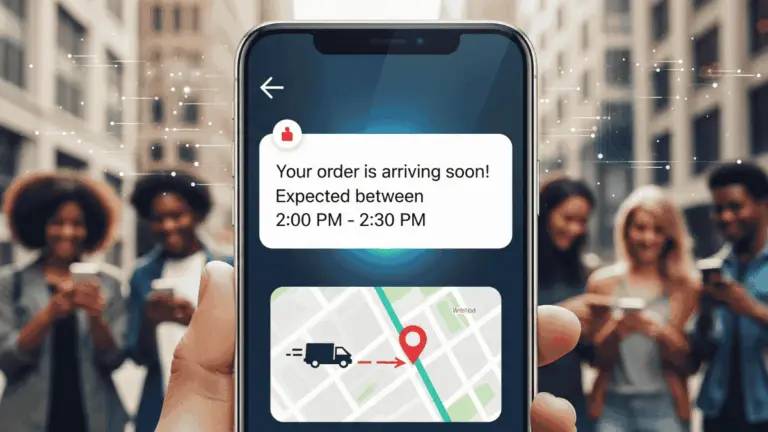Jupiter Intelligence is setting its sights on bridging the climate skills gap in big companies. The climate risk analytics firm deploys generative AI to make complex climate information more accessible to a wider audience.
How does it work? The initiative allows subscribers to interact with the company’s vast databases using plain language queries. They receive easy-to-understand answers about climate peril risks, as well as potential damages and the economic impacts.
Why does this matter? It’s a game-changer for companies grappling with the complexities of climate risk assessment. And as the world inches closer to critical environmental thresholds, businesses need to urgently transition to a green economy.
The downside? According to LinkedIn’s 2023 Global Green Skills report, only one in eight workers globally possesses green skills, despite a 22% increase in job postings requiring such expertise.
AI-powered climate risk analytics
Jupiter Intelligence’s new AI agent acts as a “force multiplier” to close the climate skills gap, according to CEO Rich Sorkin. He says the system does the heavy lifting behind the scenes, producing results from complex queries.
Access to climate risk information used to be available to specialized data science teams. But Jupiter’s approach makes it easily accessible (and easy to understand) for everyone.
For example, researchers at an insurance company can now ask questions about climate risks for the companies they protect, without needing advanced coding skills or access to specialized researchers.
Closing the green skills gap
Jupiter’s innovation comes at a critical time.
LinkedIn’s data suggests that while interest in sustainability-focused jobs is growing, the skills gap remains as large and wide as ever. In fact, it’s widening across industries, with energy production, transportation, and finance seeing the biggest impacts.
On the upside however, it means more vacancies and job opportunities for those who have the right skills. It also means those without these skills will be left behind.
Jupiter’s AI solution could help bridge this divide by making climate knowledge more accessible to workers across various sectors, thus making it easier to acquire the necessary skills.
Beyond sustainability
The integration of AI in climate risk analysis is part of a broader trend of AI adoption. From e-commerce to logistics, companies are leveraging AI to enhance operations and customer experiences.
Anthropic’s latest AI model, for example, offers a wide range of practical applications for businesses in the e-commerce, retail and logistics spheres. The Claude Sonnet 3.5 model’s capabilities range from streaming operations to enhancing customer experience.
Find practical examples here: Anthropic’s new model is a game-changer for online retail and delivery
As we move towards a greener economy, tools like Jupiter’s AI-powered analytics will be crucial in equipping the workforce with the knowledge they need to make informed, climate-conscious decisions.
About the author
Cheryl has contributed to various international publications, with a fervor for data and technology. She explores the intersection of emerging tech trends with logistics, focusing on how digital innovations are reshaping industries on a global scale. When she's not dissecting the latest developments in AI-driven innovation and digital solutions, Cheryl can be found gaming, kickboxing, or navigating the novel niches of consumer gadgetry.











